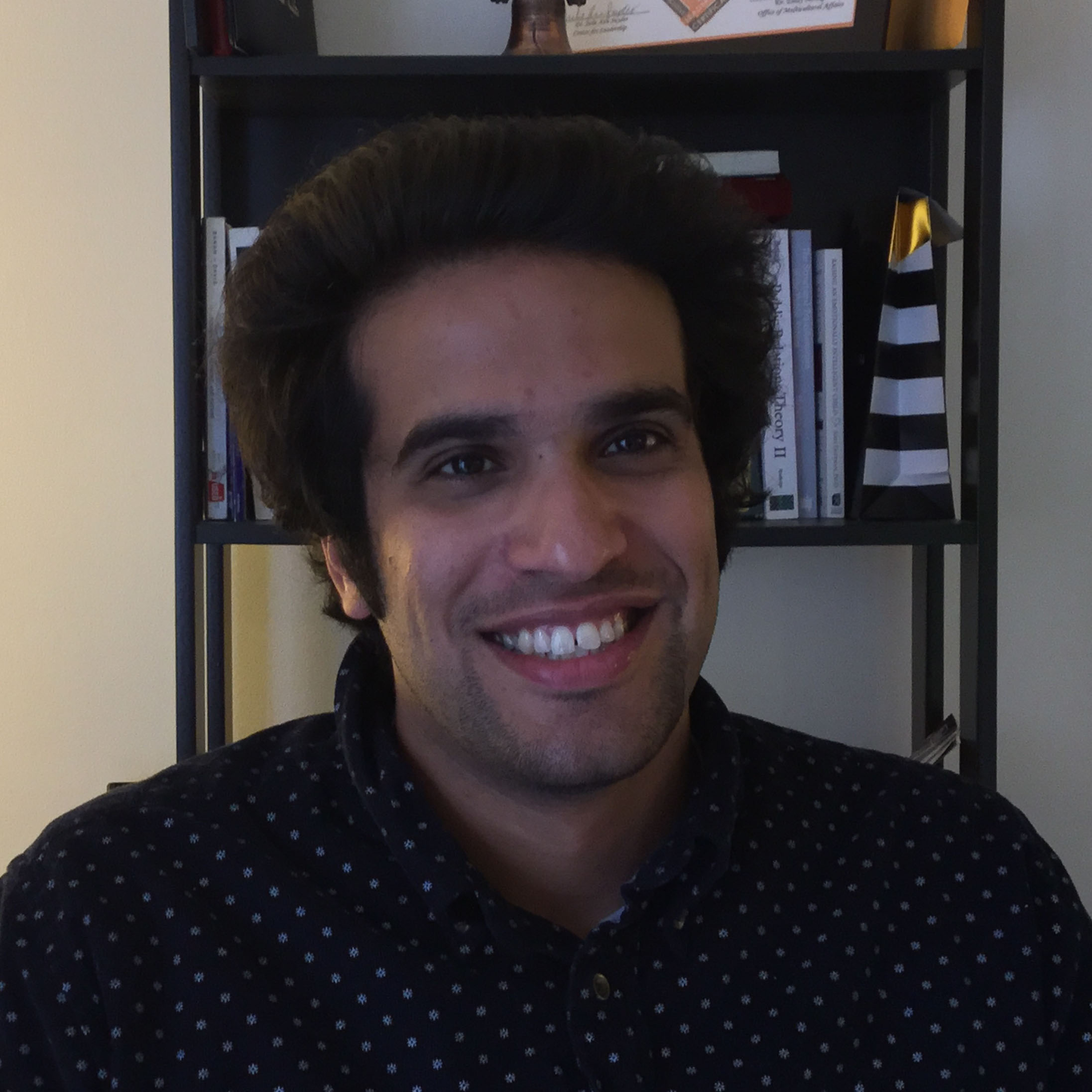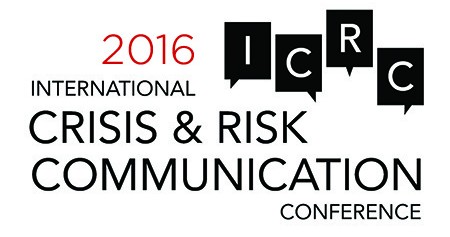
Ph.D. Candidate
Bowling Green State University
United States of America
Saud Alsulaiman, a third year Ph.D. student in the School of Media & Communication at Bowling Green State University (BGSU), Bowling Green, OH, researches public relations, health communication, social media, and crisis management. Saud specializes in strategic health communication, particularly emergency public health and risk communication efficacy. Saud obtained his B.A. degree in Mass Communication with specialization in public relations at King Saud University, Riyadh, Saudi Arabia, where he gained experience organizing major international research events and conferences as head of one of the university’s public relations teams. Saud also works as a teacher assistant in the Mass Communication Department, College of Arts, at King Saud University since 2008, and will serve as an assistant professor in the Mass Communication Department at King Saud University after completing his Ph.D. program. He earned his M.A. in Public Relations at Ball State University (BSU), Muncie, IN, where he examined the use of social media during a crisis among public relations practitioners at BSU. His study, “Life-Span Differences in the Uses and Gratifications of Tablets: Implications for Older Adults,” co-authored with Dr. Kate Magsamen-Conrad et al., examines uses of new technological devices across the life-span, with particular focus on access to health information for older adults. The article was recently published with the prestigious refereed journal, Computers in Human Behavior, and presented at the National Communication Association (NCA) 101st Annual Convention (Mass Communication Division) in Las Vegas, NV.
The Coronavirus Crisis in Saudi Arabia: A Critical Review of Campaign Efforts to Reduce the Spread of the Virus
Co-author and presenter – Terry Rentner, Ph.D., Professor in the School of Media and Communication, Bowling Green State University
In Saudi Arabia, the emergence of a serious and sometimes fatal infection called Coronavirus, known as the Middle East Respiratory Syndrome (MERS), has triggered the Ministry of Health (MOH) to launch recent and ongoing health campaigns to fight Coronavirus, since the country has the highest number of Coronavirus cases in the world.
This paper is a critical examination of how the Ministry of Health in Saudi Arabia has managed the Coronavirus crisis since the first diagnosis. It explores the MOH’s crisis communication practices to contain this health crisis. Principles of crisis communication, an understanding of health campaigns and Grunig’s two-way communication model serve as foundations for comparing and contrasting the MOH’s initial efforts to its current “We Can Stop It” campaign. Lessons learned and recommendations for effective crisis health campaigns are provided.
At the end of the session, participants will be able to:
- Critically analyze communication efforts during an international health crisis.
- Understand the role of two- way communication to increase the public’s engagement during a health crisis.
- Apply best practices of internal and external communication during an international health crisis.


